Industry applications
NetCarb is forming an Alliance of companies to accelerate carbon neutrality through circular economies, covering multiple industry sectors, all committed to achieving Net Zero with clear business incentives.
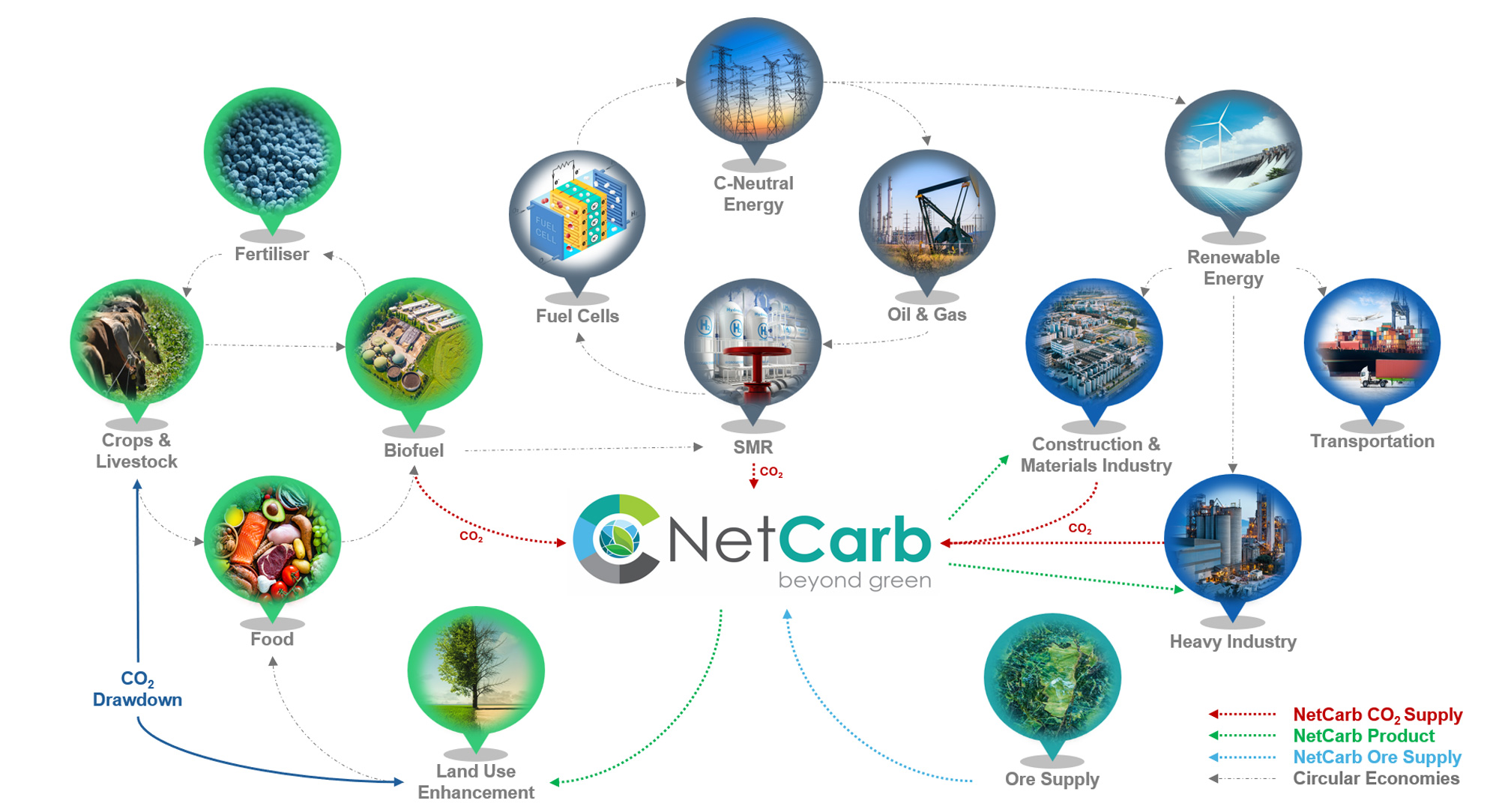
Heavy Industry
Heavy industry sectors such as steel, cement, chemicals, and manufacturing are significant contributors to global carbon emissions. Decarbonising these industries is crucial for achieving climate goals and transitioning to a sustainable future.
Implementing NetCarb Technology into heavy industry can capture CO2 emissions directly from industrial processes in a scrubbing application, preventing them from entering the atmosphere. Captured CO2 is converted to a carbonate with byproducts for use in various applications in construction and cement manufacturing.
Decarbonising heavy industry presents both challenges and opportunities in the global effort to combat climate change. By implementing a combination of technological advancements and collaborative initiatives, the heavy industry sector can significantly reduce its carbon footprint and contribute to a more sustainable and resilient future.
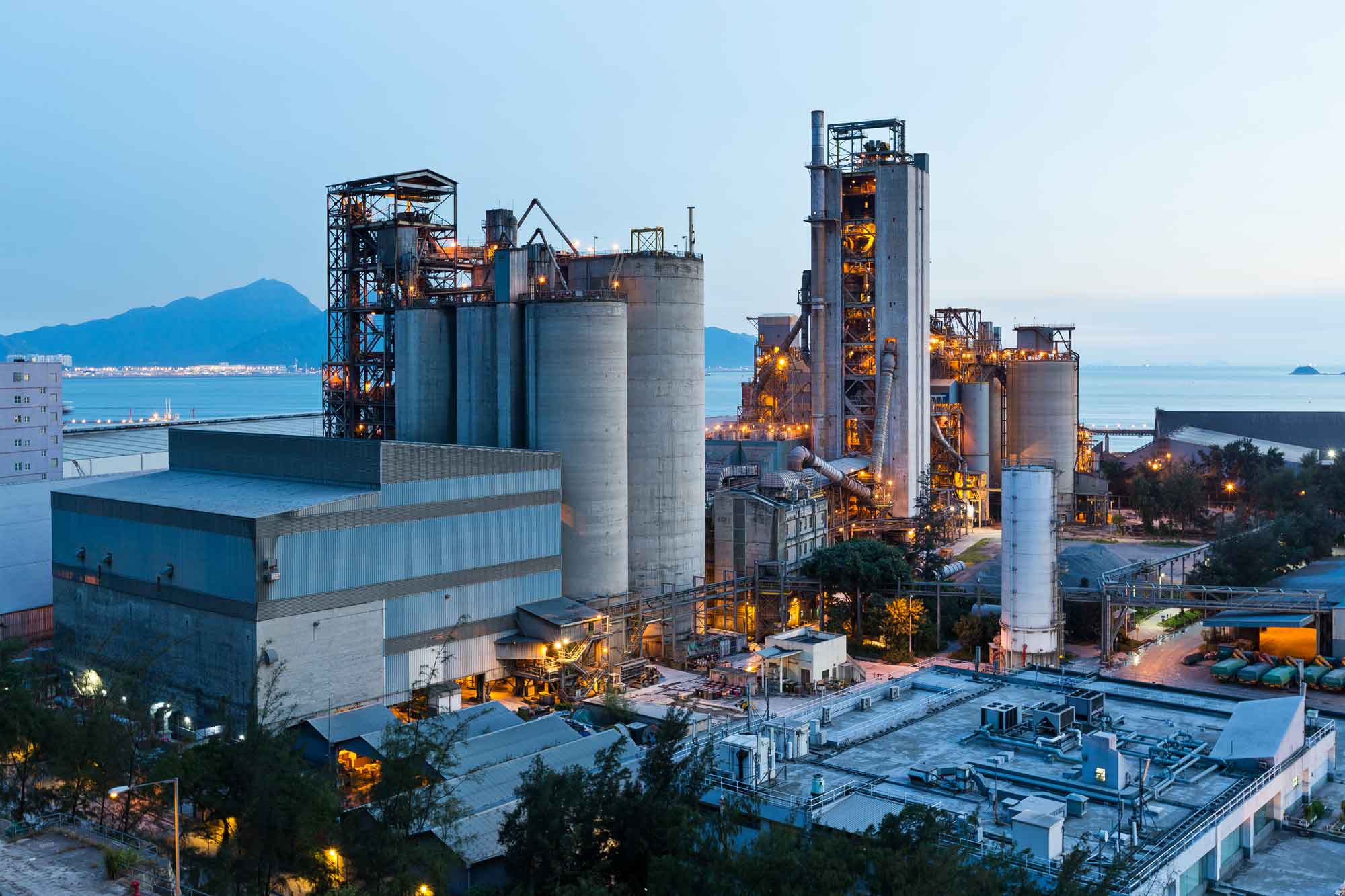
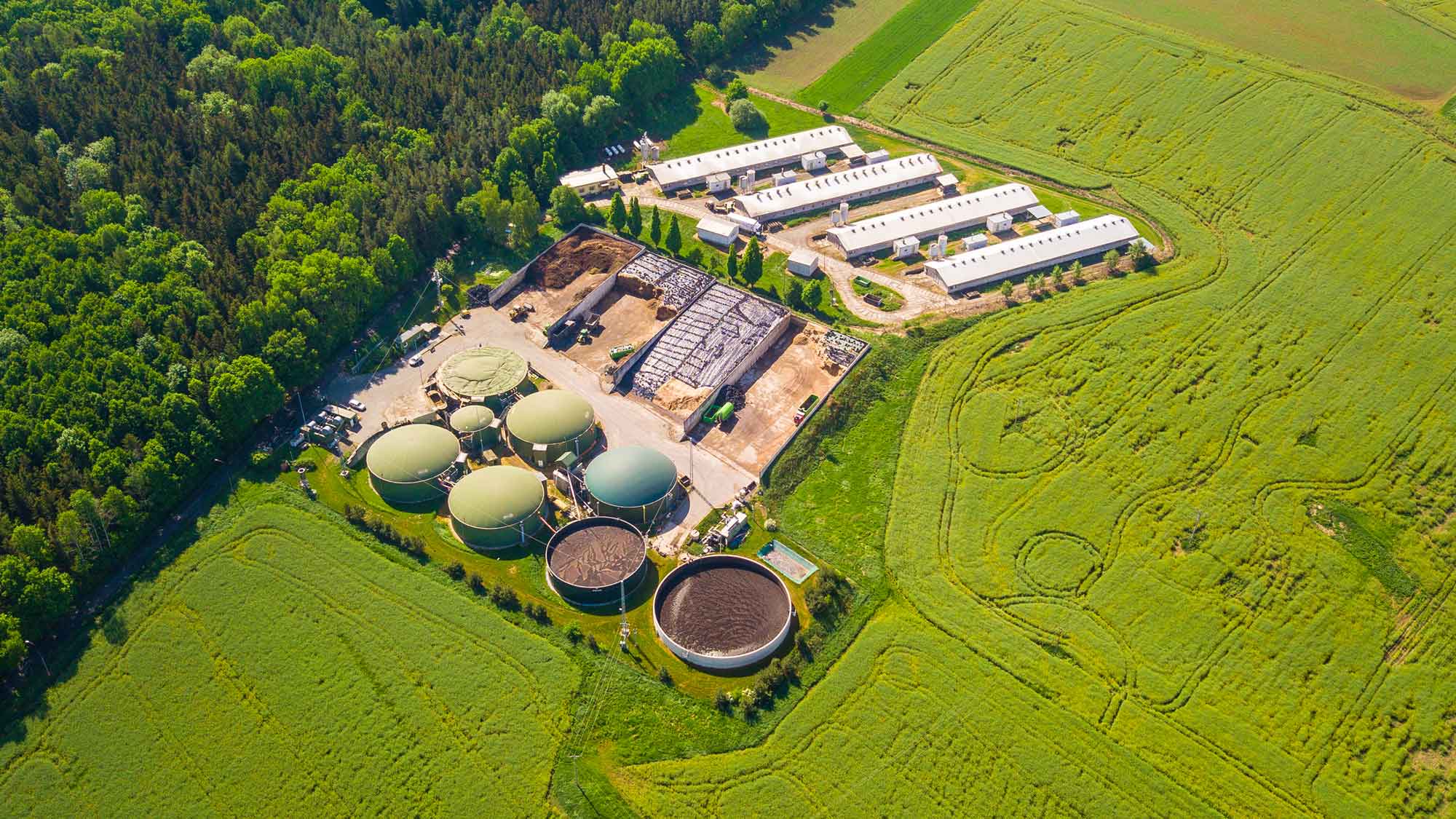
Biomass and Biofuel Industries
Biomass and biofuel industries play a crucial role in the transition to a low-carbon economy by providing renewable alternatives to fossil fuels. However, there are opportunities to further decarbonise these industries to maximise their environmental benefits.
Ensuring that biomass feedstocks are sourced sustainably is essential for reducing the carbon footprint of biomass and biofuel production. Utilising waste materials, agricultural residues, and dedicated energy crops grown on marginal lands can help minimise land-use change and deforestation while maximising atmospheric carbon drawdown potential. Additionally, integrating NetCarb Technology into biomass and biofuel production processes can further reduce emissions. Capturing CO2 emissions from biomass combustion or biofuel production facilities and utilising them in industrial processes offsets carbon emissions and promote carbon neutrality. NetCarb Technology integrated with biomass and biofuel creates a scalable atmospheric CO2 removal system.
Decarbonising biomass and biofuel industries presents significant opportunities for mitigating climate change and advancing towards a more sustainable energy future. By leveraging advanced technologies and carbon capture solutions, these industries can play a key role in reducing greenhouse gas emissions and promoting environmental stewardship.
Hydrogen Production from Fossil Fuels
Hydrogen is increasingly recognised as a crucial component of the transition to a low-carbon energy system, offering potential solutions for decarbonising various sectors such as transportation, industry, and power generation. However, the current dominant method of hydrogen production is from fossil fuels, particularly natural gas through steam methane reforming (SMR). This results in significant carbon emissions. Integrating NetCarb Technology directly into steam methane reforming (SMR) processes enables the production of low-carbon and potentially carbon-neutral hydrogen. By capturing CO2 emissions from the reforming process and producing significant sellable byproducts, SMR facilities can produce hydrogen with reduced environmental impact compared to traditional SMR plants. Investing in hydrogen production infrastructure with NetCarb Technology can help accelerate the transition to low-carbon hydrogen while leveraging existing fossil fuel resources.
Integrating renewable fuels such as bio-derived methane or synthetic methane utilising NetCarb Technology into hydrogen production processes can further reduce the carbon footprint of fossil fuel-based hydrogen production. By blending renewable fuels with natural gas feedstocks, hydrogen producers can lower their emissions and transition towards more sustainable energy sources.
Decarbonising hydrogen production from fossil fuels presents both challenges and opportunities in the global effort to mitigate climate change. By leveraging NetCarb Technology, exploring alternative production methods and integrating renewable energy sources, the hydrogen industry can contribute to a more sustainable and low-carbon energy future.
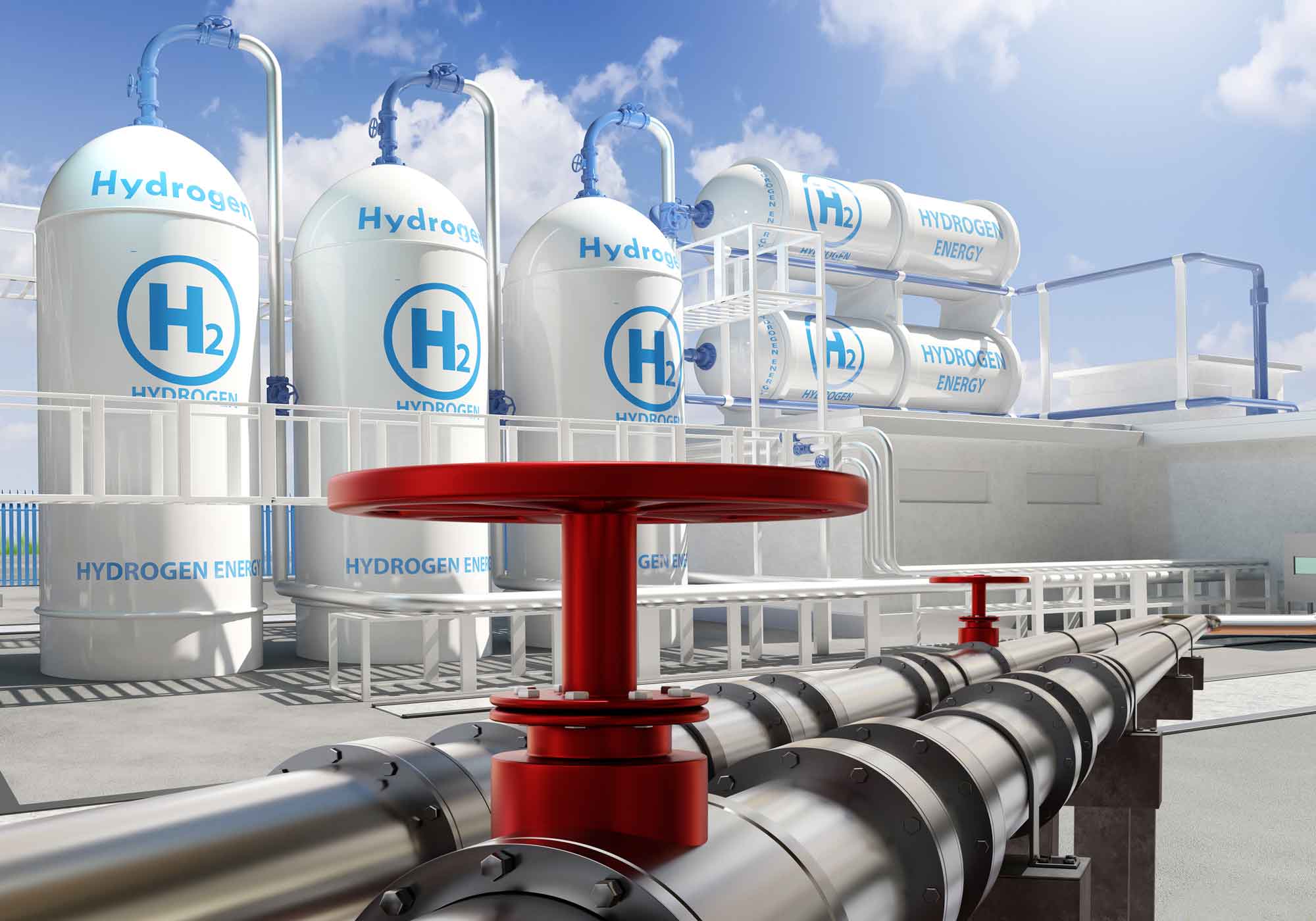
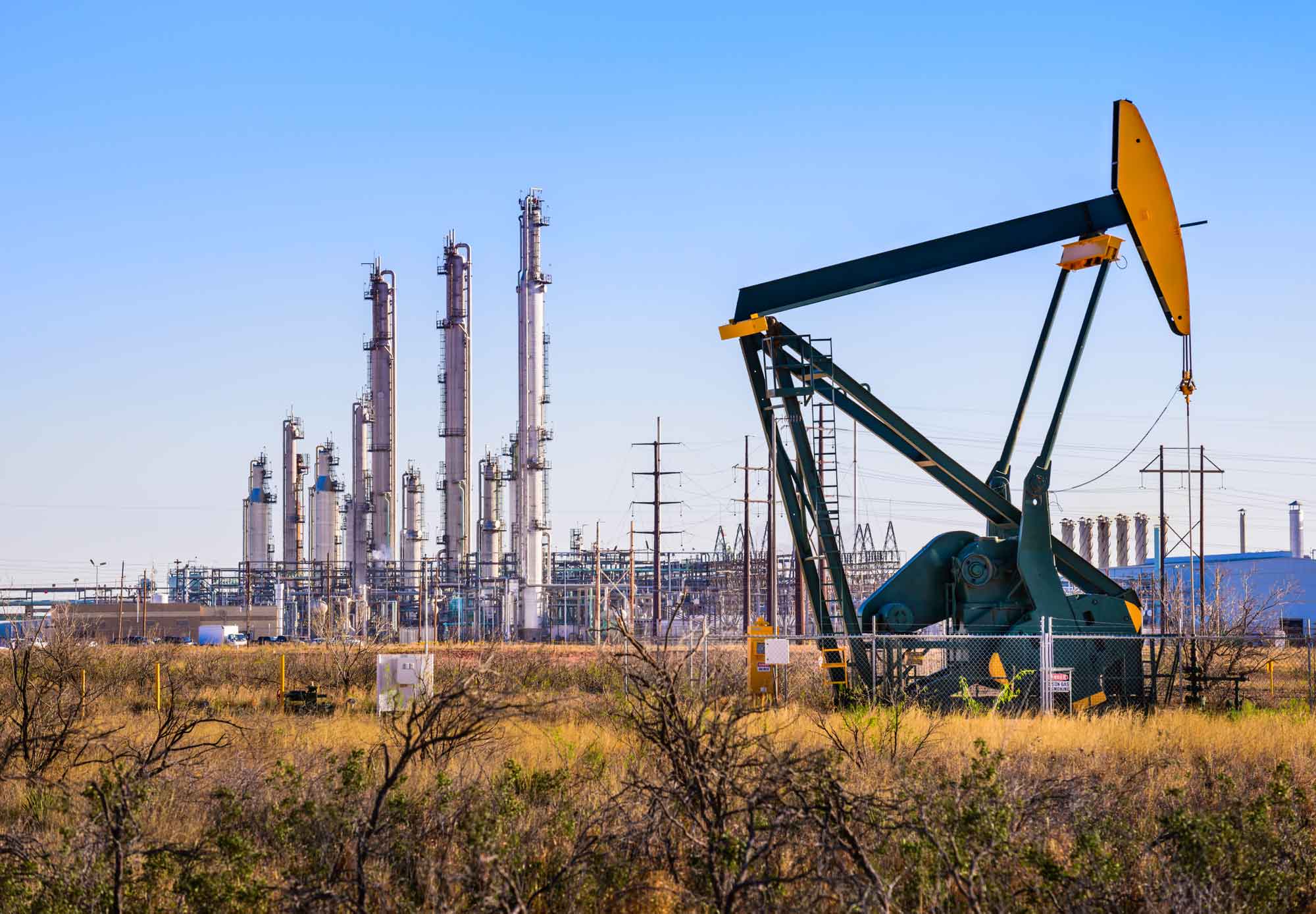
Fossil Fuel Companies
Fossil fuel companies play a significant role in global energy production, but also face increasing pressure to decarbonise their operations in response to climate change concerns. While the transition away from fossil fuels is inevitable in the long term, there are several decarbonisation opportunities for these companies. Implementing NetCarb Technology at fossil fuel extraction and processing facilities can significantly reduce CO2 emissions by capture and conversion to stable carbonates. Fossil fuel companies can invest in infrastructure to mitigate their environmental impact and prolong the use of existing fossil fuel reserves while transitioning to cleaner energy alternatives.
Transitioning from high-carbon fossil fuels such as coal to lower-carbon alternatives like natural gas can reduce emissions in the short term, particularly when gas is used in hydrogen production through Steam Methane Reforming. Fossil fuel companies can invest in natural gas extraction and distribution infrastructure to meet growing energy demand while reducing greenhouse gas emissions.
Fossil fuel companies have opportunities to decarbonise their operations and contribute to global efforts to mitigate climate change. By investing, adopting NetCarb Technology and transitioning to cleaner fuel suppliers, these companies can play a pivotal role in shaping a more sustainable energy future.
Fertiliser and Chemical Companies
Fertiliser and chemical companies are vital to global agriculture and industrial production but face the challenge of reducing their carbon footprint. Decarbonisation efforts in these industries are essential for mitigating climate change and achieving sustainability goals.
Implementing NetCarb Technology captures CO2 emissions from fertiliser and chemical production processes and convert it into stable carbonates that are valuable products. These carbonates can be used in the production of chemicals or building materials, providing a pathway to decarbonisation while creating additional revenue streams.
Adopting circular economy principles from these new products can help fertiliser and chemical companies minimise waste generation, resource consumption, carbon emissions and enhance food production.
Fertiliser and chemical companies have significant opportunities to decarbonise their operations and contribute to global efforts to combat climate change. By implementing NetCarb Technologies, utilising low-carbon feedstocks and adopting circular economy practices, these industries can drive meaningful progress towards a more sustainable and low-carbon future.
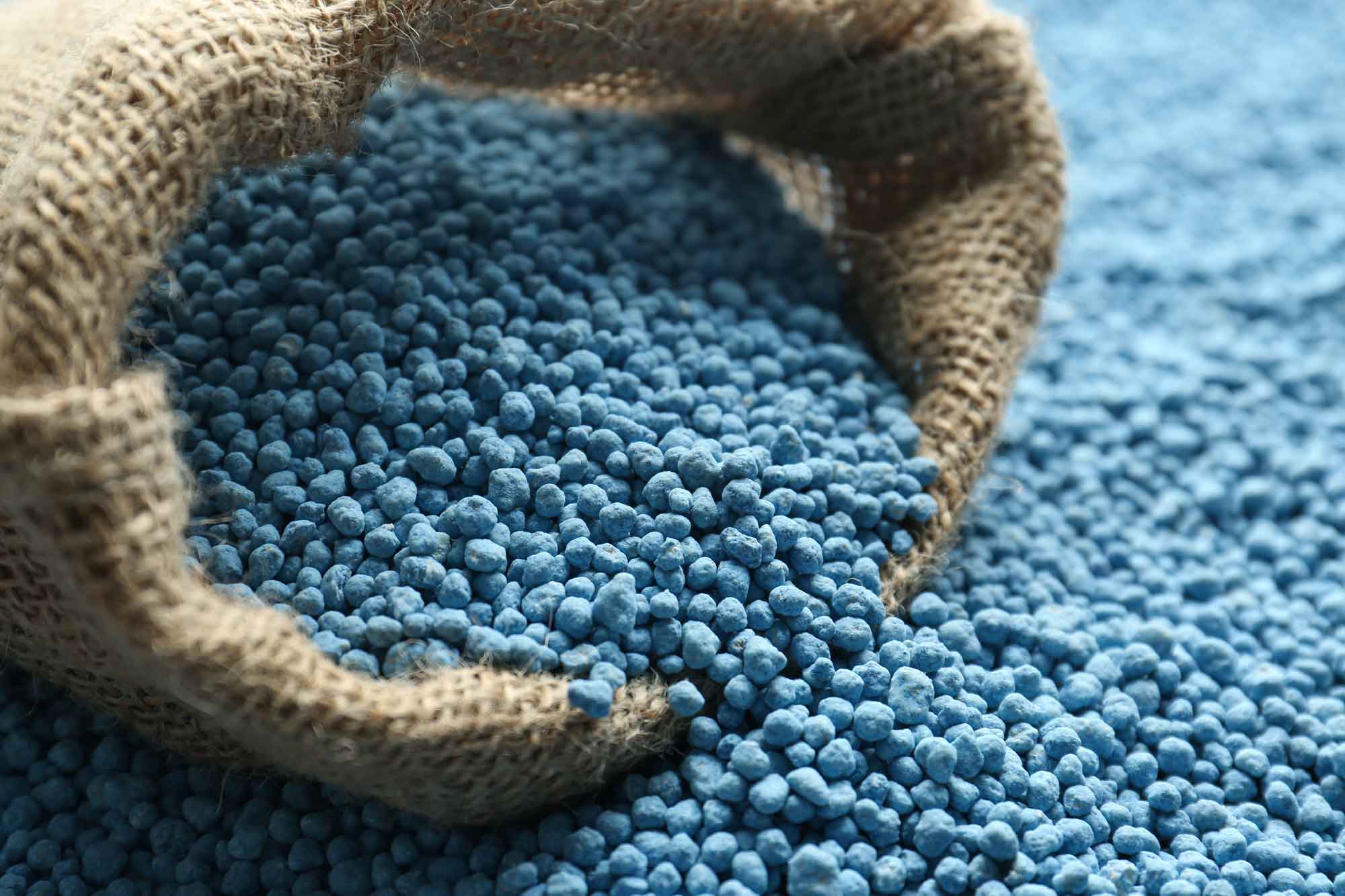

NetCarb is dedicated to making our world better by taking actions and decisions that reduce carbon emissions, promote sustainable practices, and encourage technological advancements to create a more resilient and habitable planet for future generations.
Contact us
info@netcarb.com.au
Email us for query
